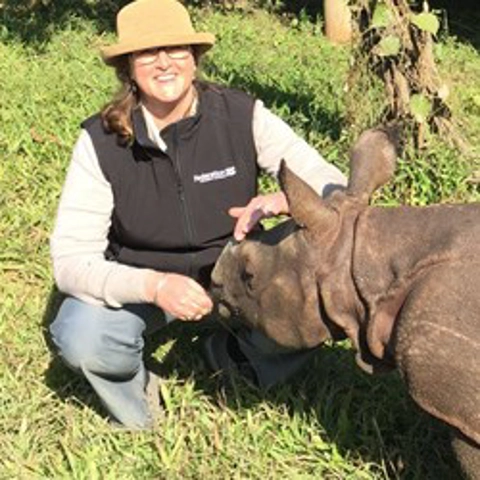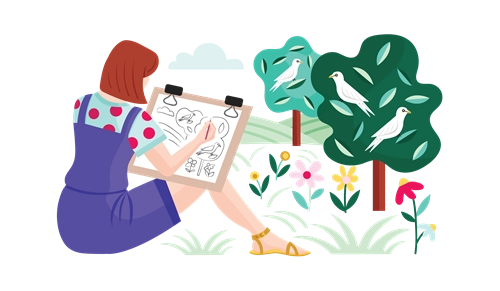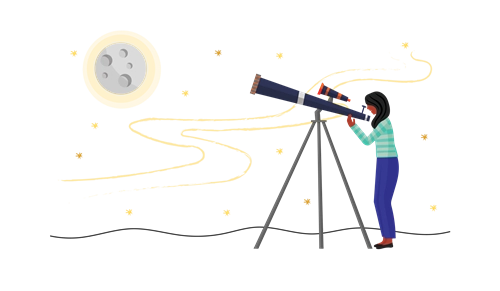Wendy Wright

Wendy Wright
Associate Professor, Conservation Biology & Associate Dean, Research Training
"I want to ensure that wild places and wild animals are understood and protected."
Show pathwayFavourite school subjects
- Science
- Biology
Higher education choices
- Bachelor of Science
- Doctor of Zoology/Animal Biology
Career path in STEM
- Worked with David Attenborough while working at the ABC
- Professor of Conservation Biology
Wendy's role at Federation University’s Gippsland campus allows her to do all these things as she balances undergraduate teaching commitments, supervision of PhD and Masters students, and her own research programs.
A passion for research
‘In year 11, I was good at science, and I loved biology. I had the most fantastic biology teacher who helped me realise what I was really interested in was figuring out how animals worked. Healthy animals, wild animals – how do they differ from us, and how are they similar?’
Wendy began university with the intention of becoming a teacher, but her passion for research grew. Instead of spending her fourth year doing a teaching Grad Dip she decided to complete Honours in Zoology.
In her Honours year, Wendy looked at how the shape of bandicoot teeth determines what they can and can’t eat. For her PhD, which she completed at an English university, she focused on ‘the physical structure of grass and what that means for the animals that eat it ... It turns out it’s a bit like reinforced concrete!’
‘I know, these research topics seem a bit nerdy, and they are!’ says Wendy. ‘They were useful but, more importantly, they helped me develop the ability to ask sensible, useful questions, and then work out how to answer them.’
An academic abroad
Wendy’s research interests have taken her all over Australia and to far-flung parts of the world. In Australia, she has led projects focused on the effects of fire, and helped to plan a statewide strategy to conserve the koala. Overseas, she has studied the effects on wildlife of rapid infrastructure development in China’s Sichuan province, and changing land use in Indonesia.
Wendy is currently contributing to a project in Nepal to double the number of tigers. Ten years ago there were only 110; right now there are 180. This excellent conservation outcome has been achieved by involving local community members in the control of illegal hunting, and the replanting and protection of forest adjacent to the two national parks. However, it has come with unintended consequences. Tigers take livestock and sometimes kill people, and there is a real danger that these kinds of losses will erode the support of local people that has been so important in protecting and conserving the tigers.
A date with David
Wendy had a number of interesting jobs before winding up as an academic, including a stint in film and television. A highlight was working with David Attenborough on the BBC series, The private life of plants while at the ABC’s Natural History unit.
Wendy’s love of animals and the outdoors carries through to her home life. At her farm in Yarragon South, she keeps three steers, six chickens and a couple of beehives. She is a bushwalker, a birdwatcher and an avid adventurer having been in four Sydney–Hobart Yacht Races, two Tasman Sea crossings, and expeditions to Tibet, Mongolia, China and Nepal, ‘mainly to see amazing wildlife such as tigers, rhinoceros and snow leopards’.














